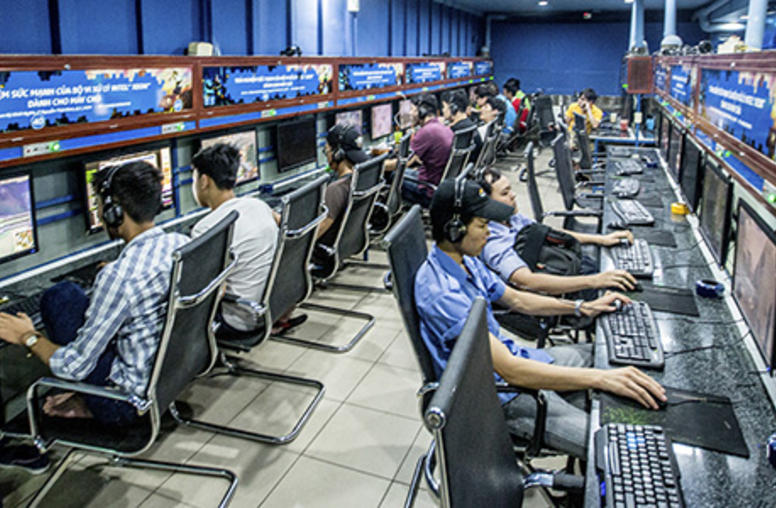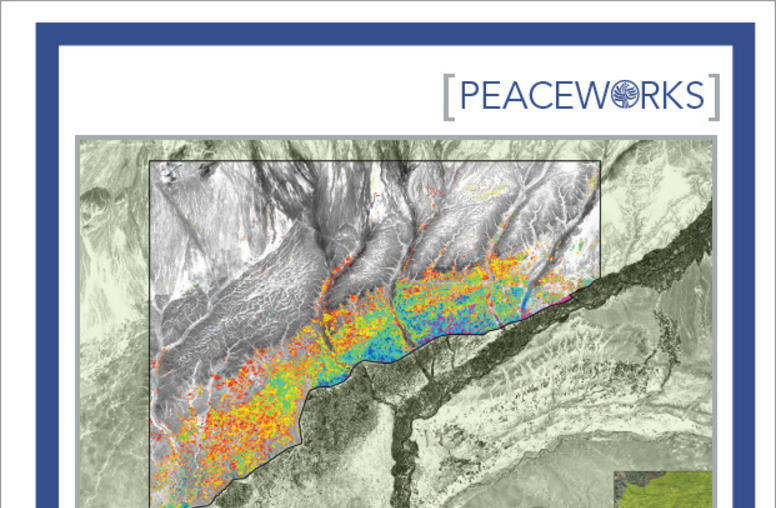The Enterprise of Diplomacy in the Information Age
Dealing with information technology and the reinvention of businesses and government are central issues throughout the public and private sector today. Changes resulting from information technology range from upgrading telecommunications and computer systems to rethinking completely the nature of enterprises and entire industries.
Introduction
Dealing with information technology and the reinvention of businesses and government are central issues throughout the public and private sector today. Changes resulting from information technology range from upgrading telecommunications and computer systems to rethinking completely the nature of enterprises and entire industries. Roy Harmon in Reinventing the Business writes, "Not a single enterprise's executives should fail to view its future as anything less than one filled with revolutionary change." (Harmon: xv). The personal and organizational adaptations to upgrades in information technology are only the bow wave of even greater changes to come as enterprises reorganize in response to these technological changes and adjust to societal changes caused by information technology. These changes range from immediate requirements to train staff on new information technology to the longer term challenges of shaping the enterprise, profession and professionals to be successful in the continuing evolution of the information age, which is only now in its infancy. At the individual, organizational, and societal levels, information technology will change the nature of enterprises, even enterprises like the U.S. Department of State, as well as the profession and the professionals who carry out the functions of the enterprise.
About the Author
Dennis M. Jauch is a U.S. Air Force Lieutenant Colonel serving as a Research Associate and National Defense Fellow at the Institute for the Study of Diplomacy, Georgetown University's Edmund A. Walsh School of Foreign Service. He has 25 years of military and private sector experience in communications and computer systems, broadcasting, and publishing. Email: jauchd@aol.com
This paper was prepared for the Virtual Diplomacyconference hosted by United States Institute of Peacein Washington, D.C. on April 1 and 2, 1997.



